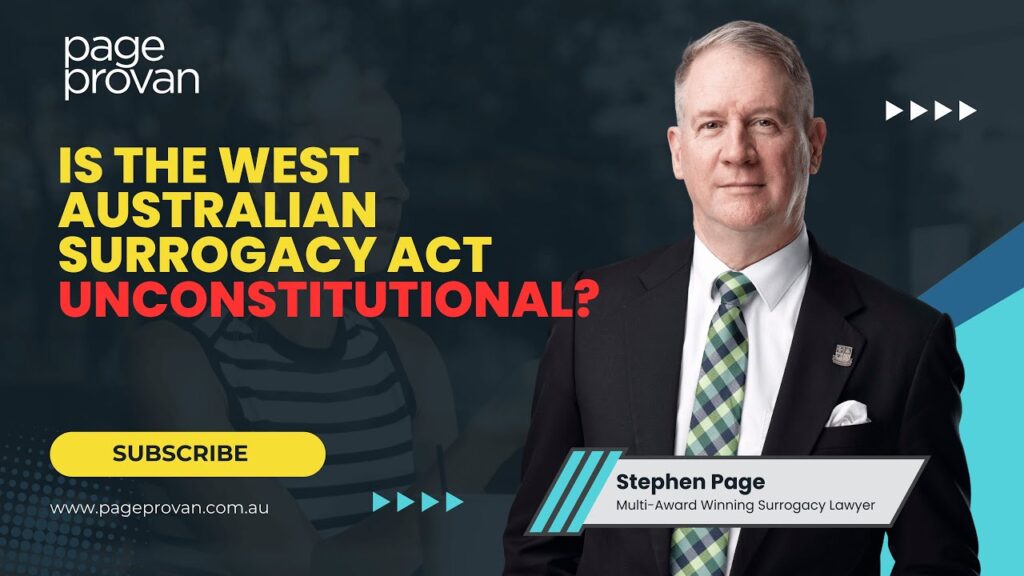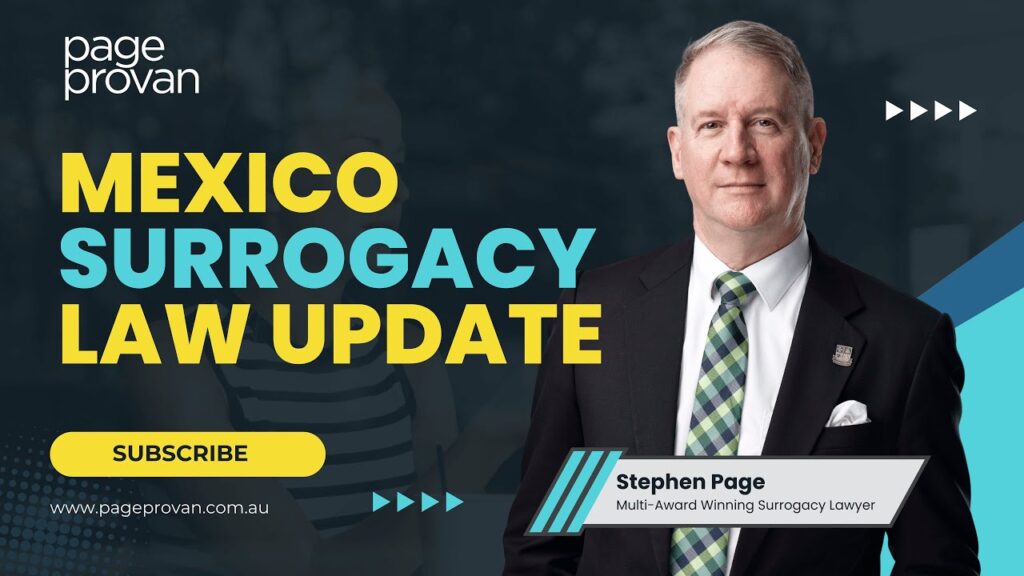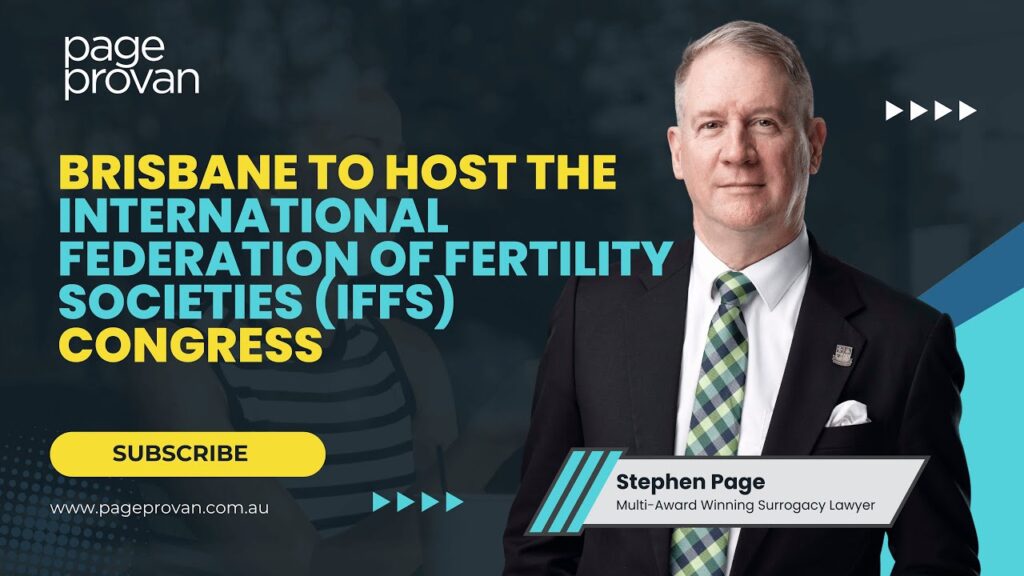Family Court: lesbian co-mother is a parent
At issue was whether each of the co-mothers were “parents” of the other child. If each were, then certain presumptions applied under the Family Law Act.
Justice Cronin stated in the case, Halifax and Fabian:
Much of the judicial history about “relocation” cases has focussed on heterosexual parents where biological connection was clear. This case highlights the reality rather than the abstract of a breakdown of a same sex relationship into which had been born children by artificial conception procedures to two different mothers.
In a recent paper to the National Family Law Conference in Canberra 2010 titled “Outside the Nuclear Family – Children’s Outcomes and Experiences in Same Sex Families” the author clinical psychologist Catherine Boland said:
In many lesbian families there is a conscious avoidance of language that makes distinctions around biology. Unfortunately research that looks specifically at the role of the co-mother, the child’s attachment to her and the strengths and challenges of this role, is still in its infancy.
…
Very little research specifically examines experiences where women in a lesbian couple each have a pregnancy or multiple pregnancies and yet this seems to be an emerging variable of importance and certainly seems to be a typical pattern of family formation.Notwithstanding the complexities of the nature of the relationship between children in a same sex household who are not biologically connected, the principles for the determination of such a dispute remain the same; that is, the best interests of the children is the paramount, but not the only consideration.
His Honour found that each of the women was a parent of both children:
Until the amendment to the Family Law Act 1975 (Cth) (“the Act”) commenced in November 2008, there was considerable judicial comment about who was a parent (see Simpson and Brockmann [2010] FamCAFC 37; Mathers & Mathers [2008] FamCA 856). The amendment to s 60H by the Family Law Amendment (De Facto Financial Matters and Other Measures) Act 2008 (Cth) referred to children born before November 2008. Section 60H(1) provides that where a child is born to a woman as a result of an artificial conception procedure while a de facto partner of another person, and that other person has consented to the procedure, the child is a child of both. While the reference to the consent of the procedure is vague, s 60H(5) places the onus to refute the consent on the person asserting no such consent. None of that has been suggested here. In this case, none of the constituent elements was disputed. Thus each of Ms Halifax and Ms Fabian is a parent of both children.
This case is one I have previously blogged about. The matter had previously been in the Federal Magistrates Court, where her Honour Federal Magistrate Purdon-Sully found that the known donor and his gay partner although not “parents” within the meaning of the Family Law Act were persons concerned with the care, welfare and development of both children and therefore could go to court as they had formal standing to pursue a case. The men were not participants in the case before Justice Cronin.












